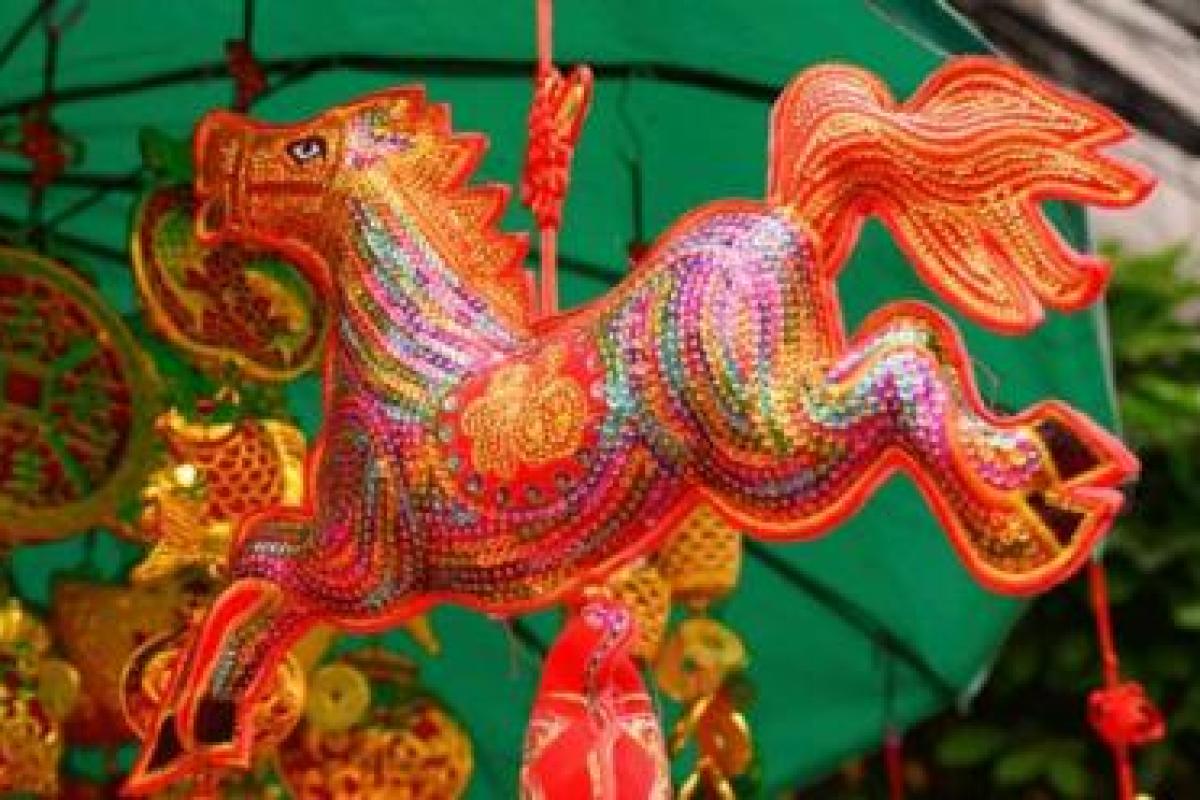A large contingent from the wealthiest and highest spending consumer group the world has ever known will be visiting Britain in their biggest numbers this week. The problem is most marketers do not know how to speak to them, both literally and figuratively.
These are high net worth Chinese nationals that choose the Lunar New Year for their long haul travel holidays. Their number one aim is to spend large amounts of money on themselves and gifts for those back home.
The UK is noticeably slipping down the table as a preferred destination for Chinese travellers due to our unfriendly visa regulations, but they will still be arriving in numbers bigger than ever, and they are predicted to spend up to £1.2bn this year on luxury goods and hospitality.
The big attraction of shopping in the UK is being able to buy the latest luxury product lines at a third of the cost of China, even at Bond Street prices. This appeals to the mianzi element of ‘face’ in Chinese culture - the importance of holding status and being seen to be successful. Tourists must also take home gifts that reflect the importance and respect due to recipients, and should also represent the destination visited. Because the UK is considered integral to Europe, a Rolex or Prada bag do count.
But it may seem odd that one of the best known shopping destination among Chinese tourists is Bicester Village. A location full of factory outlets that, unbeknown to Chinese visitors, sell fashions from seasons past.
The reason for this is simple. Travel companies find it convenient to transport tourists to Bicester by the coach load. Tourists are mostly happy with the arrangement. The marketers of what we consider iconic shopping destinations, and the associated retailers, have largely failed to get their message across to Chinese consumers. Actually, to be fair most have not bothered at all.
'Harrods was the first retailer to seriously invest in social media in China'
There are notable exceptions. Harrods has led in in-store activity, and was the first retailer to seriously invest in social media in China, and Bond Street Association is gearing up through specialist cultural and marketing consultants China Edge. Boris Johnson’s campaign to promote the capital through his London & Partners initiative broke new ground by being the first local authority/tourist destination to launch a Mandarin website registered in China.
But huge swathes of shopping districts in London, Edinburgh and elsewhere do not exist as far as Chinese consumers are concerned. There is another irony to all of this. Many of the retailers in the areas concerned have been running high profile PR campaigns urging the Government to relax visa rules for Chinese tourists.
Organisations such as the luxury industry umbrella body Walpole Group berate Home Secretary Theresa May for not allowing more of their best customer prospects across UK borders. But it does nothing itself to attract Chinese consumers, and nor do the vast majority of its members – again there are a few exceptions. And Walpole is far from being alone in this.
Generically the UK is poor at promoting itself in China. Countries such as France and Italy have their own Weibo channels that allow companies and tourist destinations to message hundreds of millions of target consumers.
I have always been amazed that the enormous popularity of the Premier League in China has never been used to promote UK trade and tourism. The affection towards characters in Dr Who and Top Gear could also be similarly harnessed – as long as Jeremy Clarkson has a British interpreter trained in diplomacy.
'I have always been amazed that the enormous popularity of the Premier League in China has never been used to promote UK trade and tourism'
Marketing to Chinese consumers is not difficult. In fact, is easier than in the UK in many respects. And UK companies have a major advantage because there are very high levels of inherent trust imbued within British goods. This is a characteristic that is tailor made for social media and social e-commerce in China, which plays a much more important part in commercial and personal life than in the West.
What is more, China is opening up to UK SMEs through online marketplace TMall. With the aid of specialist Chinese e-commerce support it will shortly be a realistic proposition for small companies and e-retailers to sell direct through an all inclusive TMall registration, social media, logistics and transactional payment package. This will enable relatively easy entry to an online retail environment worth up to £3.4bn a day in sales.
It is not luxury brands that are of most interest to online buyers. Good quality British products are what consumers want, and what retail marketplaces desire because it drives traffic their way. A major success is Clarks Shoes, which in China is called Clarks English.
But the problem with the overall lack of success with Chinese consumer markets is not so much that the UK has not got a team together to exploit the open goal, most potential participants do not know there is a game to be played, or if they do know, they do not know the rules.
This article by Arnold Ma originally appeared in Marketing magazine. Read more from them in our Clubhouse.
